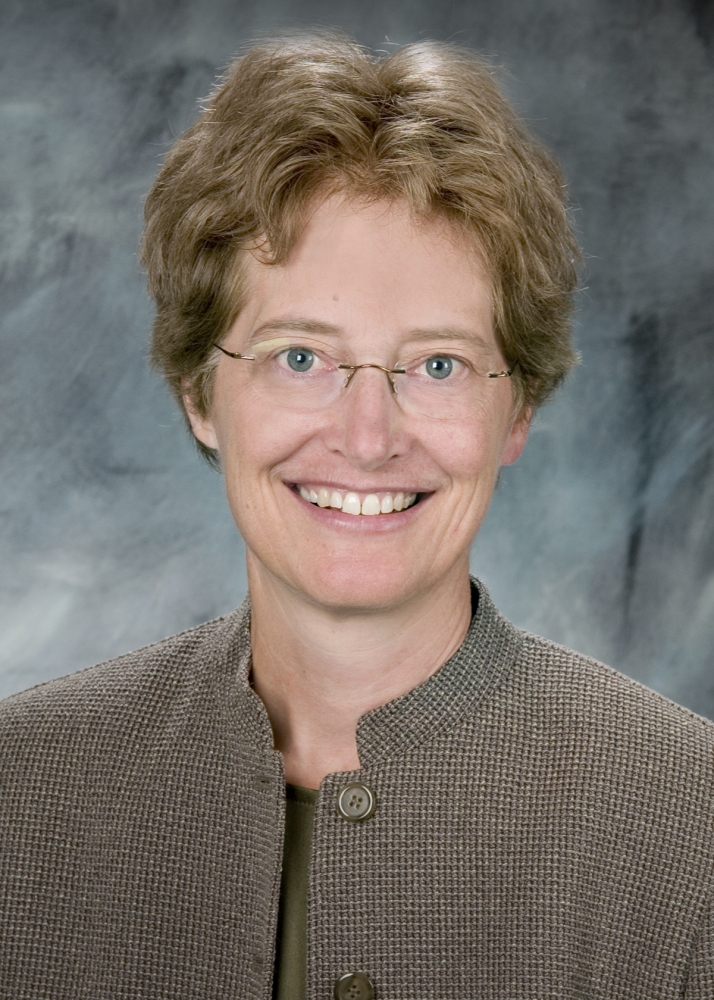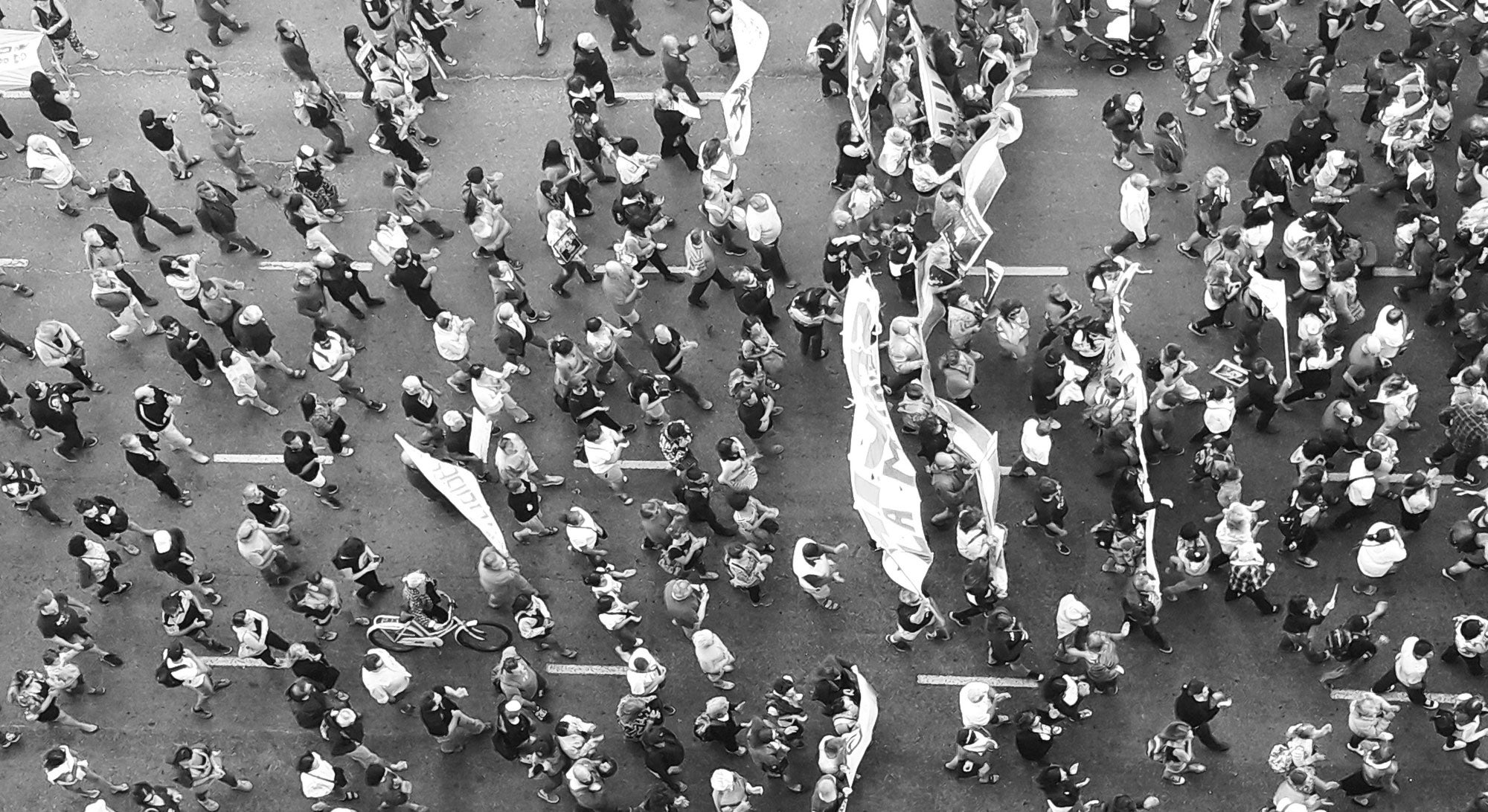
Distinguished Scholar is First Named to Cordano Chair in Catholic Studies at UC Santa Barbara
Ann Taves, an internationally recognized historian of Christianity and of American religion, is the first scholar appointed to the Virgil Cordano Chair in Catholic Studies at UC Santa Barbara.
The endowed chair is named in honor of the Rev. Virgil Cordano, a Franciscan friar and former pastor of the St. Barbara Parish at the Santa Barbara Mission, who has devoted his life to promoting greater understanding of all religions and increased dialogue among them.
Taves recently joined UCSB's renowned Religious Studies Department from the Claremont School of Theology and the Claremont Graduate University, where she was a professor since 1993.
She also served as acting dean of the School of Theology.
Catherine L. Albanese, who chairs the Religious Studies Department at UCSB, described Taves as a world-class scholar who brings a global vision for Catholic Studies.
"Ann Taves sees Catholicism in terms of the history of Christianity and in terms of a global sense of its interactions on a variety of cultural fronts," said Albanese.
"She is a first-class historian and is also methodologically very innovative.
She is interested in cognitive issues, and she brings a very rich and exciting perspective to her agenda in Catholic Studies."
Taves holds an undergraduate degree in religion from Pomona College, and an M.A. and Ph.D. from the Divinity School at the University of Chicago.
A prolific scholar and award-winning author, she is well known for her work on religious experience.
Her last book, "Fits, Trances and Visions: Experiencing Religion and Explaining Experience from Wesley to James" (Princeton University Press), won the 2000 Association of American Publishers Award for Best Professional/Scholarly Book in Philosophy and Religion.
Catholicism, the oldest and most global Christian religion, has been the largest denomination in the United States since the mid-19th century.
"In my teaching, I have done a lot of work in the global history of Christianity," said Taves.
"One thing that is so exciting and appealing about this position is the ability to concentrate on Catholicism, and to help develop a program in Catholic Studies within a comparative religious studies framework that emphasizes historical, cultural, and ethnographic approaches."
Taves is developing a series of undergraduate courses that will examine different aspects of the Catholic Church as a global institution.
The first will focus on the development of the Catholic Church as an institution, how it was established and how it defined and maintained its boundaries relative to the political order and religious movements it defined as heterodox.
The second will examine Catholic practices and global cultures, looking at the way Catholic spirituality and related practices have been shaped by their encounter with other cultures and other religious traditions.
Two additional courses will consider the Catholic Church in the modern era.
"Catholicism and Modernity" will focus on the intellectual life of the tradition, and the challenges posed by historical and scientific developments, and "Catholicism and U.S. History" will examine the development of Catholicism in the U.S. and its impact on the cultural, political, and social life of the nation.
"Most Catholic Studies programs have been established under Roman Catholic auspices at private universities, with a denominational theological cast to that scholarship that is not a good fit for the concerns of our department nor for a public university, such as ours," Albanese explained. "Ann brings a different set of questions and skills to the study of Catholicism that are much more congenial to our department, which is multicultural and interdisciplinary."
David Marshall, dean of humanities and fine arts, said that "the endowment allows the department to develop lectures and programming in Catholic Studies for the Santa Barbara community, in addition to educating students and contributing to scholarship."
Scholars in UCSB's Department of Religious Studies teach about the religions of the world and the complex relationships among religion and society, politics, war, morality, the arts, and everyday life. They also address critical issues relating to the subject of religion in its many facets: historical, cultural, literary, aesthetic, sociological, experiential, and philosophical. The department also offers courses in classical languages including Hebrew, Aramaic, Coptic, Arabic, Sanskrit, Pali, Hindi, and Tibetan, helping students to develop the language and research skills necessary for serious textual study.
The department's 19 faculty members are augmented by frequent visiting faculty as well as 15 affiliated faculty members from other departments. The department serves approximately 80 graduate students, 234 undergraduate majors, and hundreds of other students who enroll in religious studies courses every quarter.
Endowed chairs are highly prized academic positions that enable a university to develop more fully a field of study by providing ongoing financial support for enhanced research and instruction.
The Virgil Cordano Chair was established by donations from Charles Schwab, Charles and Harriet Burke, Richard and Marguerite Berti, the Franciscan friars, and many other generous contributors.
Father Cordano, who has a doctorate in sacred scripture, was instrumental in shaping community sentiment that encouraged the establishment of a Department of Religious Studies at UCSB more than 40 years ago.
Today, the department is widely considered one of the major centers in North America for the study of religions. UCSB is the only campus in the UC system that offers a comprehensive undergraduate program in religious studies as well as advanced degrees, including the Ph.D.
The National Research Council ranks UCSB's program in the top 10 in the nation and second among all public universities.
Mario Garcia, UCSB Professor of History and Chicano Studies, is the author of a recently published biography of Father Cordano, "Padre, The Spiritual Journey of Father Virgil Cordano" (Capra Press 2005).
Garcia and Father Cordano will sign copies of the book at UCSB on Oct. 17 from 4 p.m. to 6 p.m. in the McCune Conference Room located in the Humanities and Social Sciences Building.
Related Links



